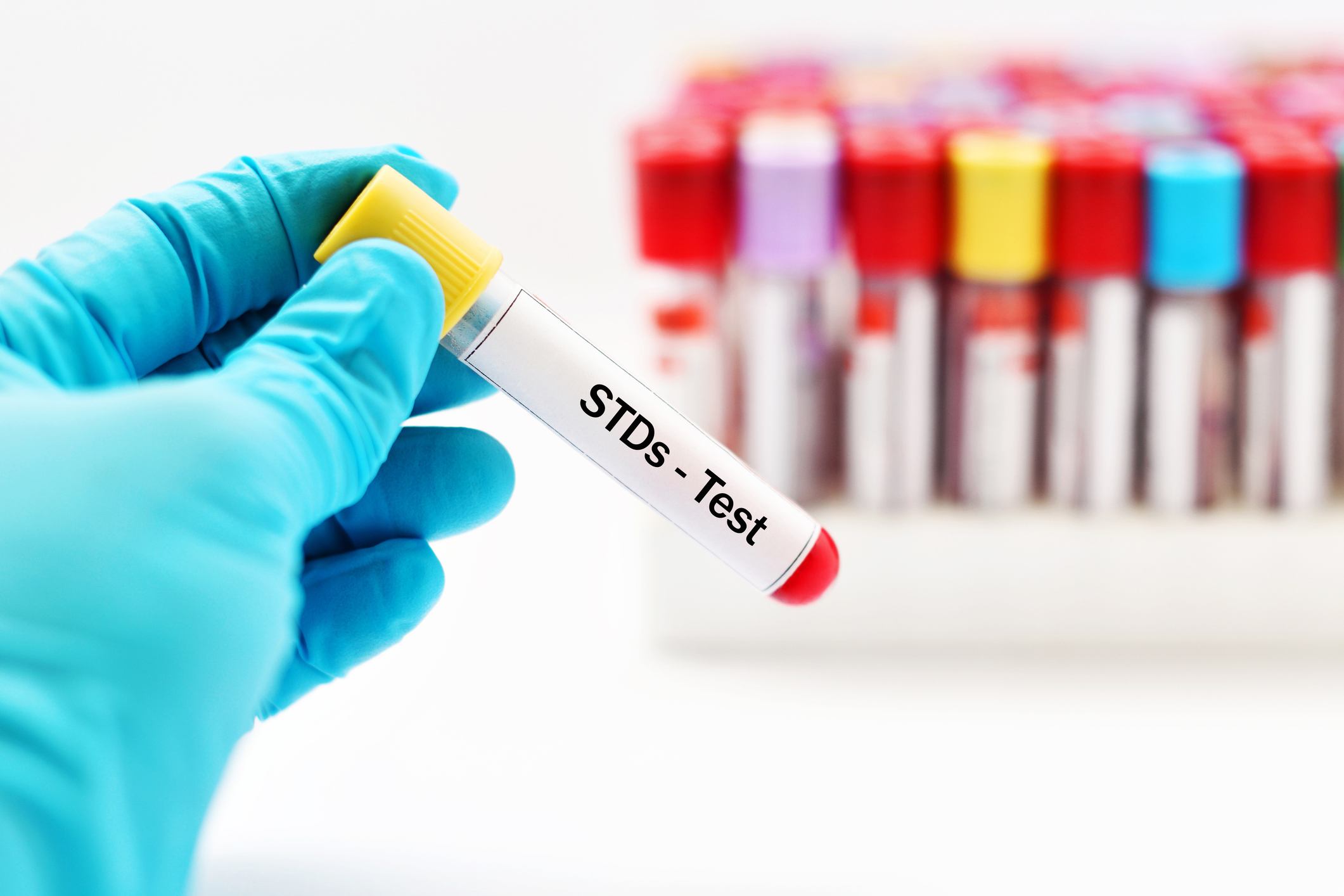While ABC hints at a senior’s version of the popular dating reality TV show The Bachelor, new statistics from the Centers for Disease Control and Prevention indicate that older adults are very much still interested in romance, and many more seniors are contracting sexually transmitted diseases.
According to a recent WSB-TV Atlanta report, rates of STDs among adults over the age of 55 are soaring; between 2014 and 2018, the rate of infection jumped 107.3 percent among older adults compared with 21.4 percent for adults between 20 and 24. And the prevalence of STDs among seniors was highest in the District of Columbia, New York, Maryland, Florida and New Jersey.
Sexually transmitted diseases, including HIV, chlamydia, gonorrhea and syphilis cases, have reached historic highs in the United States and older Americans are increasingly being diagnosed with an STI (sexually transmitted infection) or STD (sexually transmitted disease). Seniors who receive a late-in-life diagnosis of HIV are more likely to have advanced damage to their immune systems and because this age group may also have other chronic health conditions, can suffer greater health problems as a result of STDs.
Why the rapid rise in STDs among seniors? More older adults are single today and, with greater longevity together with the help of a little blue pill, seniors are engaging in sex with multiple partners more frequently. And without the worry of pregnancy, fewer seniors understand the health risks of not using condoms for protection against STDs. Seniors are also living together in retirement communities which in some cases can resemble a college campus more than a traditional senior’s residence.
In addition, early HIV/AIDS symptoms including weight loss, decreased appetite or fatigue may be chalked up to the normal aging process or other underlying health conditions resulting in a delayed diagnosis.
Older adults are also less likely to talk with their doctor about sex; as a result, senior communities and even long-term care facilities are addressing the growing problem of STDs by holding educational talks and providing free condoms.
By talking openly and honestly about sexual history with their doctor, older adults can not only understand risks for STDs but also address any other issues or concerns.






Add Your Voice
0 Comments
Join the Discussion